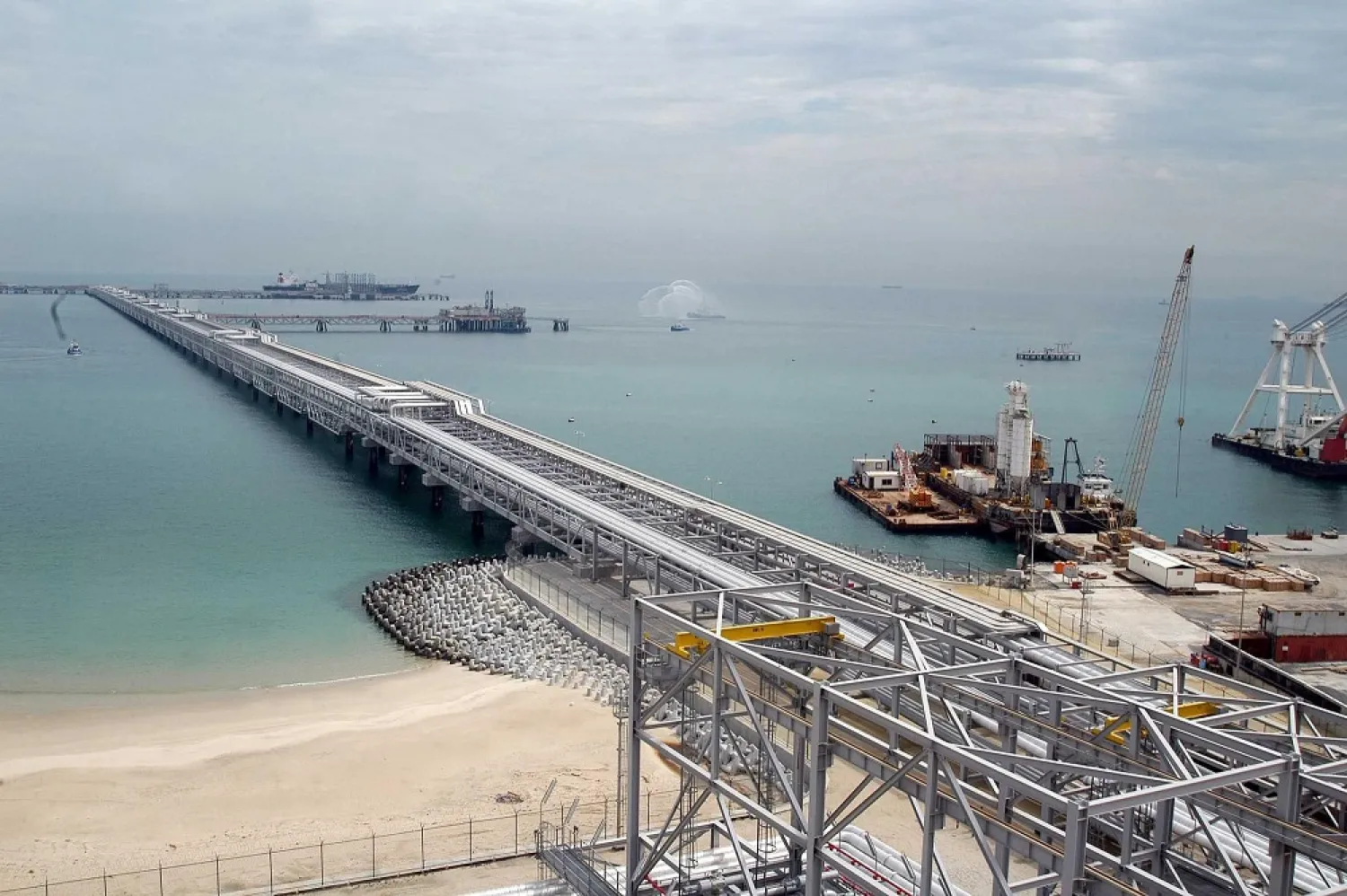Kuwait has raised the security alert level at all of its ports, including the oil terminals, the state-run Kuwait news agency (KUNA) reported on Friday.
“The decision emphasizes that all measures have to be taken to protect the vessels and the ports facilities,” it said citing a decree by the Minister of Trade and Industry Khaled Al-Rawdan.
The announcement follows a September 14 attack on two Saudi oil facilities. Riyadh and Washington have accused Tehran of being behind the attack.
“A ministerial decree stipulated that the move aims to safeguard the country's ports and oil facilities,” the Kuwait Ports Authority (KPC) said in a statement.
On Wednesday, the Kuwaiti army raised the state of combat alertness of some army units “as a precaution.”
This followed Deputy Prime Minister Sabah Al-Khalid Al-Sabah urging the army to "exercise utmost vigilance" to counter potential dangers that could undermine security and stability in the country.
National Assembly member Khaled Al Moanes al-Otaibi had labeled the attacks on Aramco’s installations a “declaration of war.”
“Gulf states must stand firm against Iran. Saudi Arabia is the backbone of the Gulf Cooperation Council, and represents our strategic depth,” he told Asharq Al-Awsat.
“Saudi stability is the Gulf’s region stability, what disrupts the situation in Saudi Arabia will put the whole region at risk, first of which to suffer would be Kuwait,” he remarked.
Consequentially, Otaibi stated that the attack is a “declaration of war, not only on Saudi Arabia, but on GCC countries.” He then urged Gulf states to band together in issuing a decisive and loud statement and stand in solidarity with the Kingdom.
Otaibi also confirmed ongoing investigations into suspicious drones that flew over high-security sites in Kuwait at the time of the attack in Saudi Arabia.









